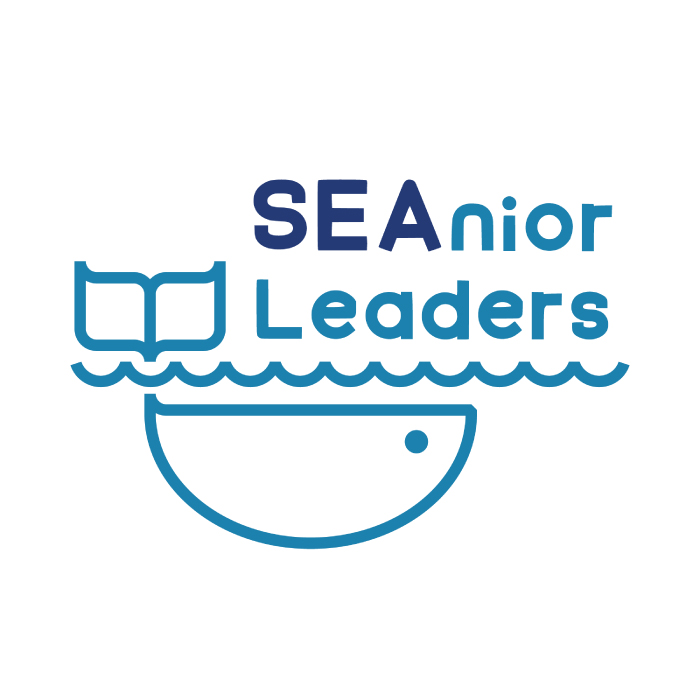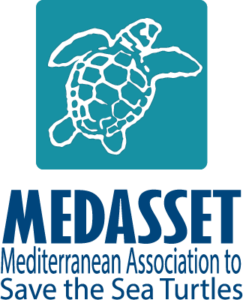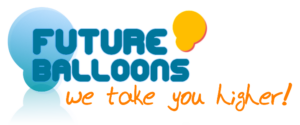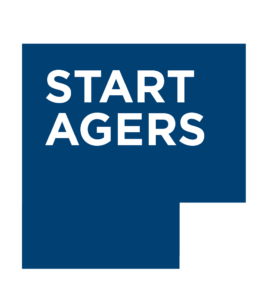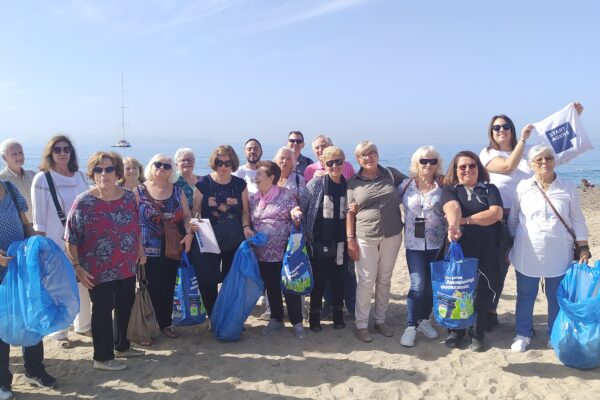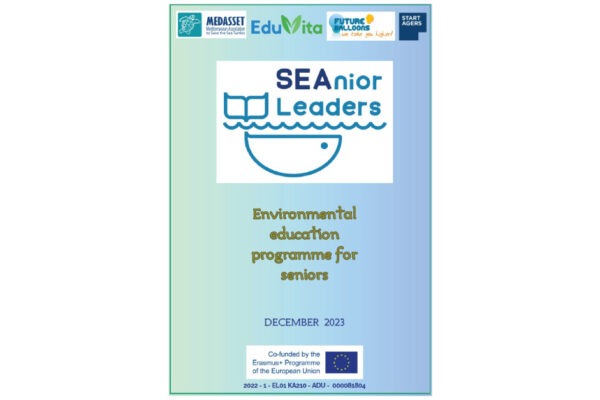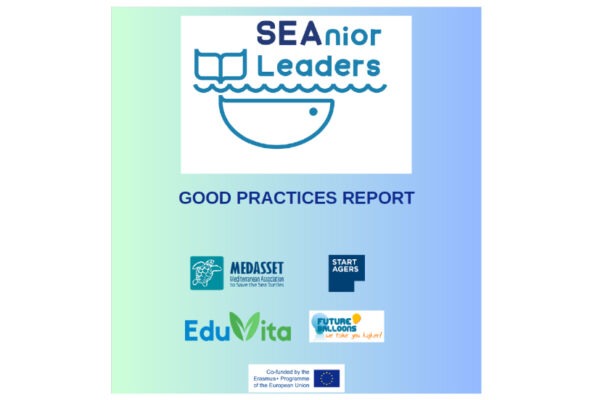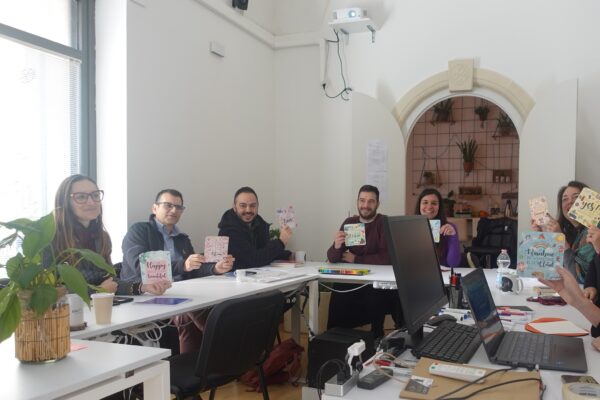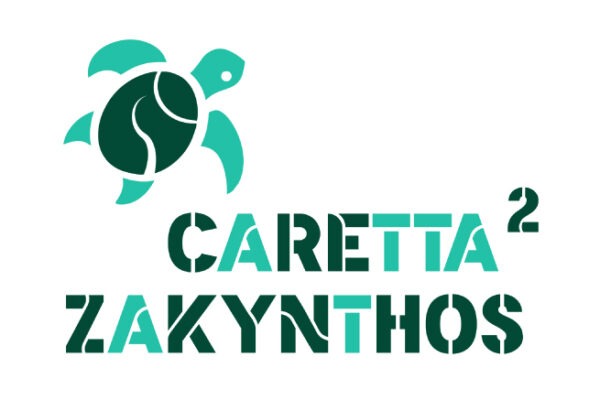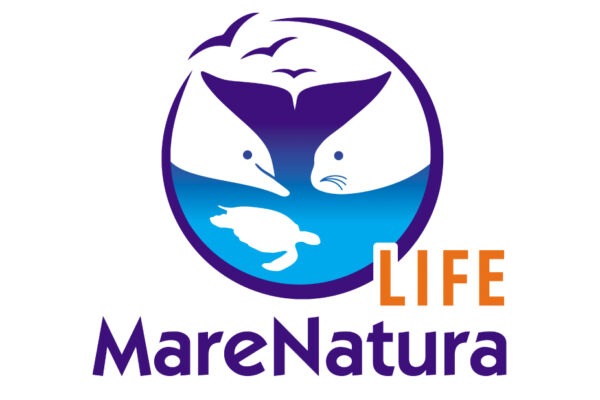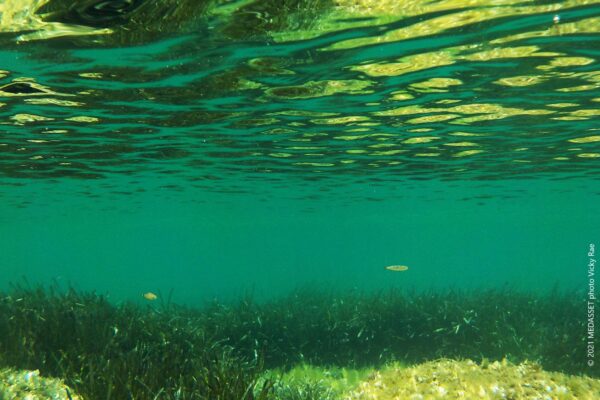Training Adults for Change
SEAnior Leaders project is funded by the Erasmus+ programme of the EU and aims to enhance the green skills and awareness levels of senior citizens, mainly over 65 years old, and adult educators with respect to environmental protection and ecological footprint reduction through education and intergenerational activities. The project also aims to shift ageist attitudes and prejudices. “SEAnior Leaders” project is being implemented in Greece, Italy and Portugal from January 2023 until November 2023.
Why SEAnior Leaders?
✓ In 2022 more than 21.1% of the EU population was aged 65 and above, an increase of 0.3 percentage points compared with the previous year and an increase of 3.1 points compared with 10 years earlier((EUROSTAT,2023, Population structure and ageing)). The EU population is ageing. Thus, if we want to efficiently protect the environment, we should work to improve the green skills and awareness levels of senior citizens.
✓ Another fact is that ageism, the stereotypes (how we think), prejudice (how we feel) and discrimination (how we act) towards others or oneself based on age((World Health Organisation, Ageing: Ageism, https://www.who.int/news-room/questions-and-answers/item/ageing-ageism)), is a major discriminating factor, as senior people are considered incapable of certain aspects of social life.
The project SEAnior Leaders aims to promote inclusion and fight ageist attitudes, through the active involvement of seniors in environmental conservation.
Study visits: Three study visits will be organised in each project country. They will promote mutual learning, exchange of knowledge and practice between project partners and identifying of transversal solutions. Thematic areas: a) environmental awareness on marine pollution and climate change b) seniors psychology and communication techniques c) intergeneration engagement practices in volunteering programmes d) combating ageism.
Report on Good Practices: The report on good practices on seniors’ engagement on environmental education and volunteerism is one of the main project results. Through desk review, study visits and focus groups, the report will summarise data on senior’s engagement in environmental conservation, good practices on environmental education and volunteering among project partners and key stakeholders.
Environmental education programme for seniors: The programme will include learning modules for adult educators, information on the principles and the goals of environmental education, senior environmental literacy as well as information guides on climate change, marine pollution and overfishing.
Train the Trainers: This session is addressed to adults educators and aims to provide the necessary skills and knowledge in order to implement the environmental education programme and adjust it to their local needs.
Train the Volunteers (seniors +65 years and youth 18-34): This training session will provide information on the main thematics of the project i.e. main challenges on marine conservation (climate change, marine litter) and improve the green skills of volunteers, to implement the environmental education programme.
Pilot testing and evaluation of the environmental education programme: The project’s environmental programme will be tested in 12 sessions, three sessions for each partner. One session will be dedicated exclusively to seniors. Each testing session will have a different subject and in particular: climate change and citizen science, sustainable fisheries and fish consumption and consumer behavior and marine litter. The evaluation of the education programme will follow a multi-level approach and will be implemented through focus groups, online questionnaires and adult trainers feedback.
Implemented by:
“The European Commission support for the production of this publication does not constitute an endorsement of the contents which reflects the views only of the authors, and the Commission cannot be held responsible for any use which may be made of the information contained therein.”.



